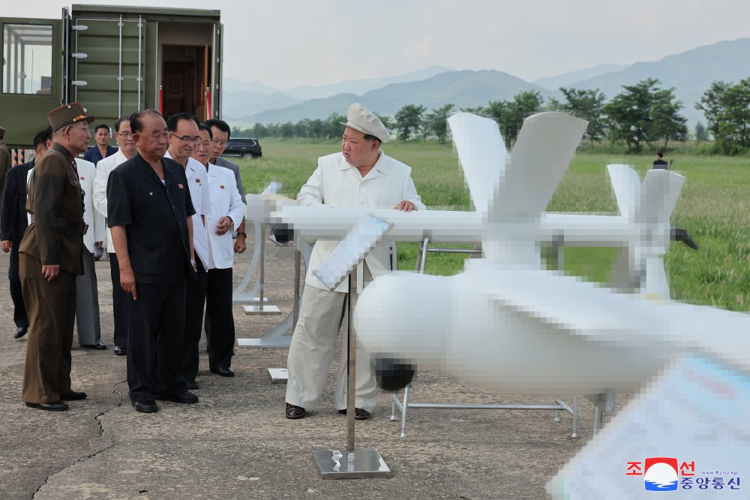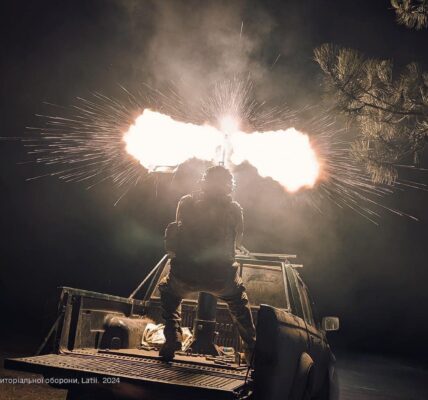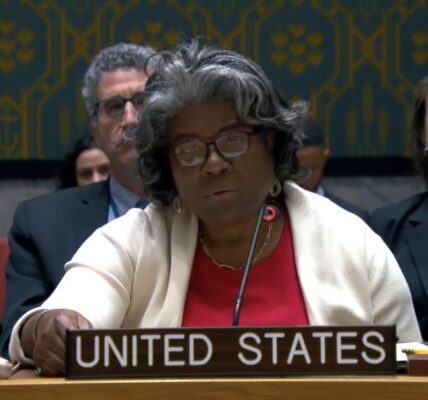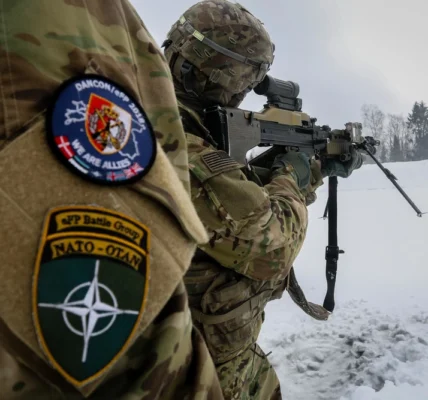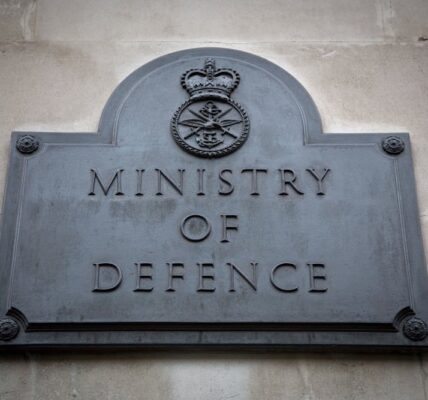Seoul and Washington to hold high-level talks after North Korea unveils nuclear drone arsenal
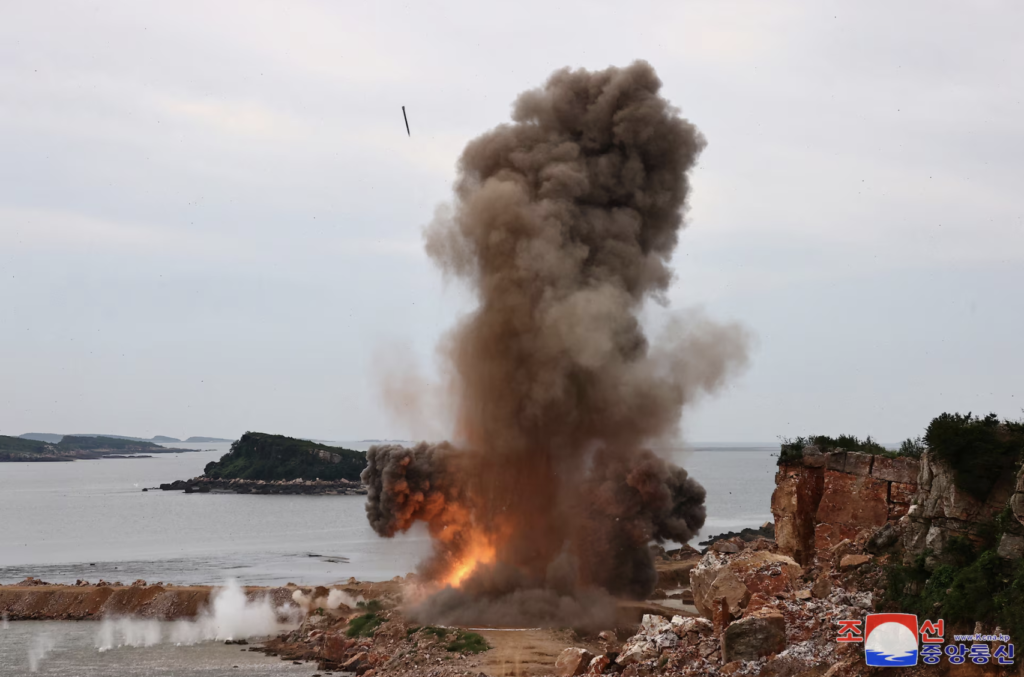
Defence chiefs from the US and South Korea are set to hold high level talks about the nuclear missile threat from North Korea, it has been announced.
The fifth meeting of the Extended Deterrence Strategy and Consultation Group (EDSCG) is expected to take place on September 4th and will focus on assessing the progress of joint efforts by the allies to deter North Korea’s military threats.

The talks will address ways to enhance cooperation between the two countries to bolster “extended deterrence” against North Korea.

Details of the talks emerged after the communist state tested a new fleet of suicide drones along with a new 240mm multiple rocket launcher system which is capable of striking the South Korea capital Seoul.
Imagery has also emerged of North Korean leader Kim Jong Un observing tests of the new “suicide drones” crashing into targets resembling South Korean battle tanks.

Unlike traditional missiles that are fired from a distance, the drones are designed to directly collide with their targets, ensuring complete destruction.

The drones, equipped with X-shaped wings, demonstrated their capability to accurately strike various test targets on land and sea. The Korean Central News Agency said that the tests involved several types of drones, each intended for specific roles such as reconnaissance, impact detonation, and underwater attacks.
Lee Chang Hyun, spokesperson for South Korea’s Joint Chiefs of Staff, stated that the South Korean military is closely monitoring North Korea’s new drone capabilities, and has systems in place to detect and intercept them.
National Security Advisor Jake Sullivan also reaffirmed on Thursday the United States’ commitment to the “complete” denuclearisation of the Korean Peninsula during his talks with top Chinese officials in Beijing this week.

Sullivan’s comments come amid concerns in Seoul over the absence of references to denuclearisation in the recently adopted Democratic and Republican policy platforms. The omission has sparked fears that Pyongyang could see it as an opportunity to negotiate arms control rather than denuclearisation, a stance firmly opposed by Seoul.
Further complicating the security situation, Pyongyang has reportedly sent Russia more than 13,000 containers of military supplies since mid-2022. The shipments are reportedly part of a formalised agreement to supply Russia with weapons and ammunition for use in its ongoing war in Ukraine.
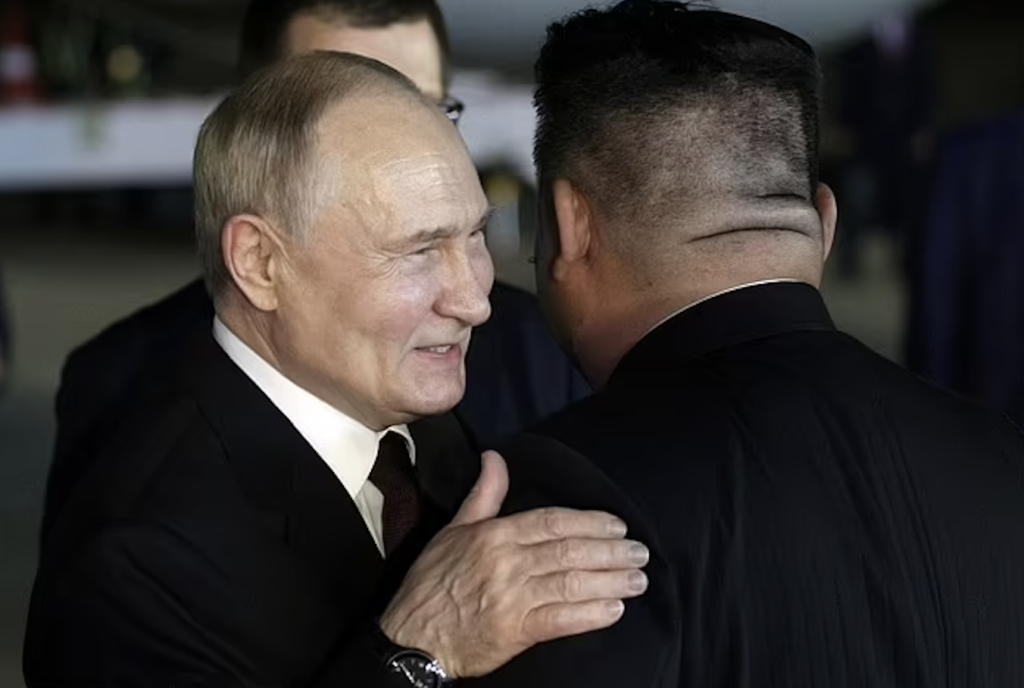
South Korean news agency Yonhap reported that a Defence Intelligence Agency report submitted to Rep. Kang Dae-sik of the ruling People Power Party, indicates that North Korea has been transferring arms to Russia since the beginning of the Ukraine war.
The military suspects that North Korea has supplied Russia with weapons, including 122-mm artillery rounds, mobile anti-air missiles, and anti-tank missiles, in exchange for Russian technological assistance in missile and spy satellite programs.
The agency said: “To prepare for a prolonged war in Ukraine, Russia has moved to formalise North Korea as a supply base for weapons and ammunition.”
Recent talks between Russian and North Korean officials further suggest that this partnership could extend beyond economic cooperation, potentially encompassing more sophisticated military technologies, such as North Korea’s newly tested suicide drones.
South Korea and the United States are jointly monitoring the possibility of North Korean missiles being sent to Russia, citing Russian missiles fired in Ukraine that have shown characteristics of North Korean missiles.
Earlier in August, North Korea issued a warning to the US following its provision of military hardware, including Apache helicopters, to South Korea labelling South Korea a “vassal force” and the US “recklessly provocative.”

